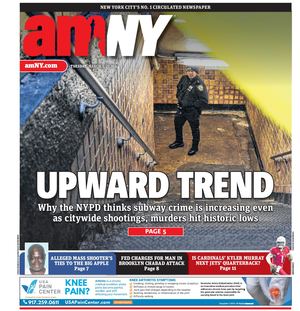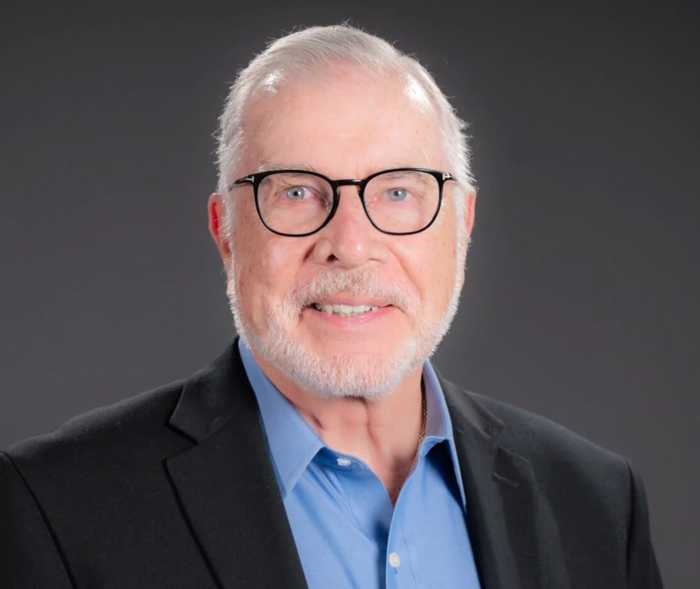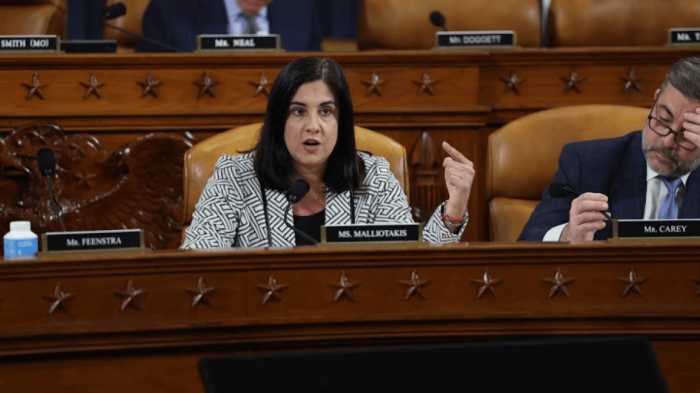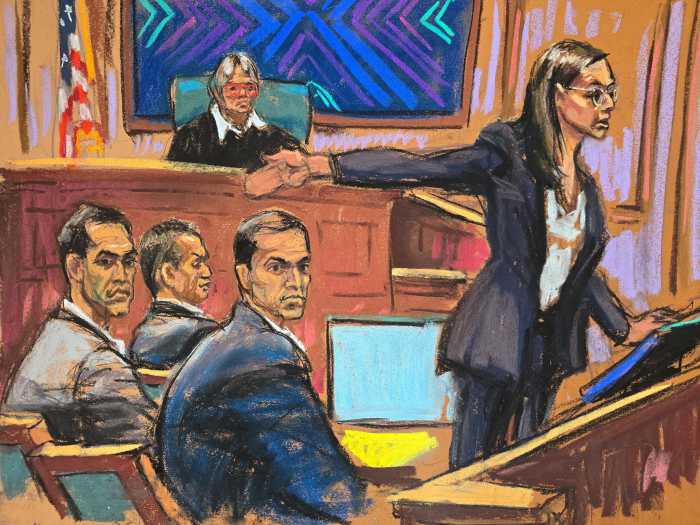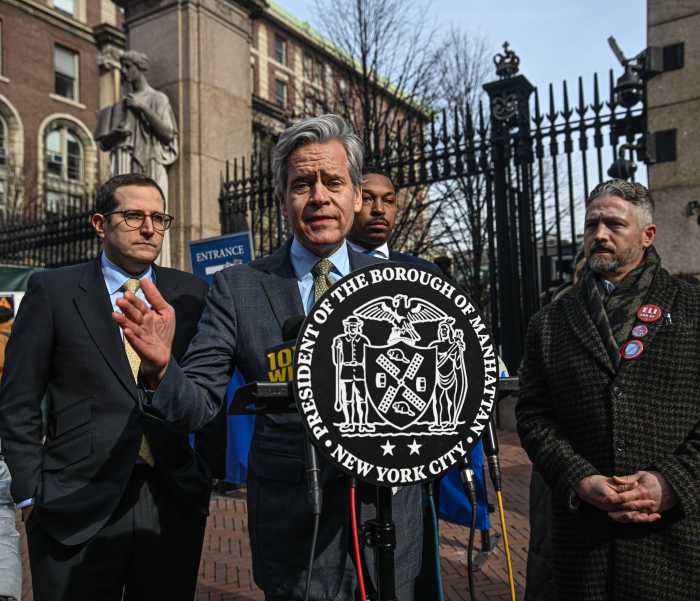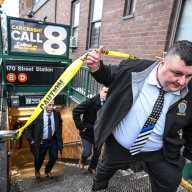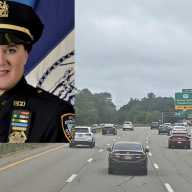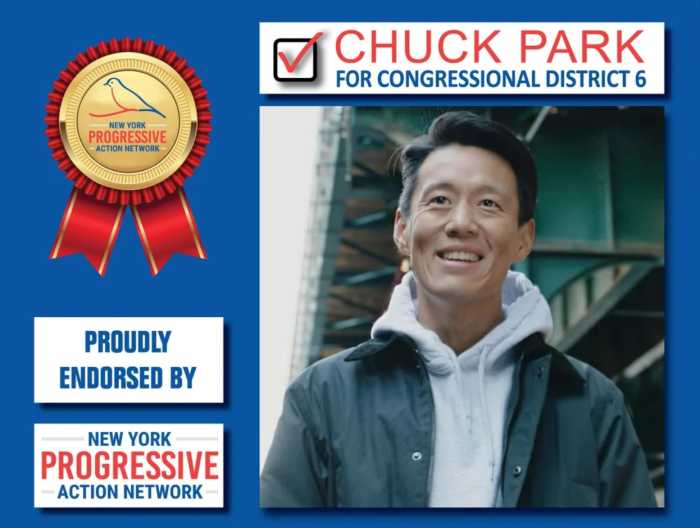A coalition of federal, state and local officials expressed support for the City of Yes for Housing Opportunity plan in an amicus brief filed Thursday, after a group of civic groups and lawmakers sued to block it.
Twenty-nine politicians — led by Manhattan Councilmember Eric Bottcher and Brooklyn Borough President Antonio Reynoso — wrote that the plan, sponsored by Mayor Eric Adams and approved by the City Council in December 2024, would address New York City’s housing crisis.
The plan amends city zoning law to build more housing in neighborhoods that had previously restricted development. Advocates say this could lead to 82,000 new homes in 15 years.
But opponents, including the Staten Island-based Old Town Civic Association, which filed the lawsuit in March, argue the plan fails to take into account environmental, neighborhood and socioeconomic conditions. They allege the city failed to comply with both the State Environmental Quality Review Act and the City Environmental Quality Review process.
Bottcher, who has emerged as a leading advocate for affordable housing development, said the lawsuit threatens to stop essential development to make the city more affordable.
The amicus brief, which was signed by prominent leaders including U.S. Rep. Jerry Nadler and City Comptroller Brad Lander, argues that the City of Yes for Housing Opportunity plan would update New York’s laws to address the current housing shortage.
“New York’s history has always been defined by progress rather than paralysis, and it is about time that the right amendments are made to the zoning legislation,” the brief reads.
The brief cites data from the Adams administration and City Council that indicates the city’s affordability crisis is in large part due to a lack of available housing stock. New York’s vacancy rate was at 1.4%, an all-time low, in 2023, when the last data is available.
The City of Yes for Housing Opportunity includes housing development incentives for affordable units, a focus on development near transit centers, and an elimination of parking mandates. According to Reynoso’s office, the plan passed city council after numerous public hearings and 175 local Community Board meetings.
Reynoso said in a statement that the plan reflects New Yorkers’ desire to address affordability.
“Encumbered by archaic zoning laws, our city is struggling to answer for a housing crisis that is leaving hundreds of thousands of New Yorkers homeless, a majority of households rent-burdened, and countless neighbors without dignified housing options they can afford,” Reynoso said. “City of Yes for Housing Opportunity is a rational exercise of government power that reflects years of research, public engagement, and interagency coordination.”
The plaintiffs in the lawsuit, including numerous neighborhood civic groups and Republican elected officials, allege the city failed to follow its own environmental standards in the zoning amendment.
“Respondents failed to take ‘any’ look at significant areas of environmental concern, failed to look at the cumulative impacts of the combined phases of City of Yes and failed to offer mitigation and reasonable alternatives that would serve to reduce major areas of adverse and significant negative environmental consequences,” the lawsuit reads.
Proponents of the lawsuit have also claimed that the City of Yes for Housing Opportunity would only create luxury units and destroy neighborhoods. The plan includes significant incentives for affordable housing.
Bronx Borough President Vanessa Gibson said in a statement that the lawsuit would block the city’s attempts at affordable housing.
“The lawsuit against it is an attempt to derail part of the solution in addressing our city’s affordability crisis,” Gibson said. “The proposal went through the scrutiny of public review and was approved with modifications that made it better. We cannot allow legal challenges to block progress. It’s time we now come together in our support of COYHO and its vision for a more inclusive, affordable New York City.”
